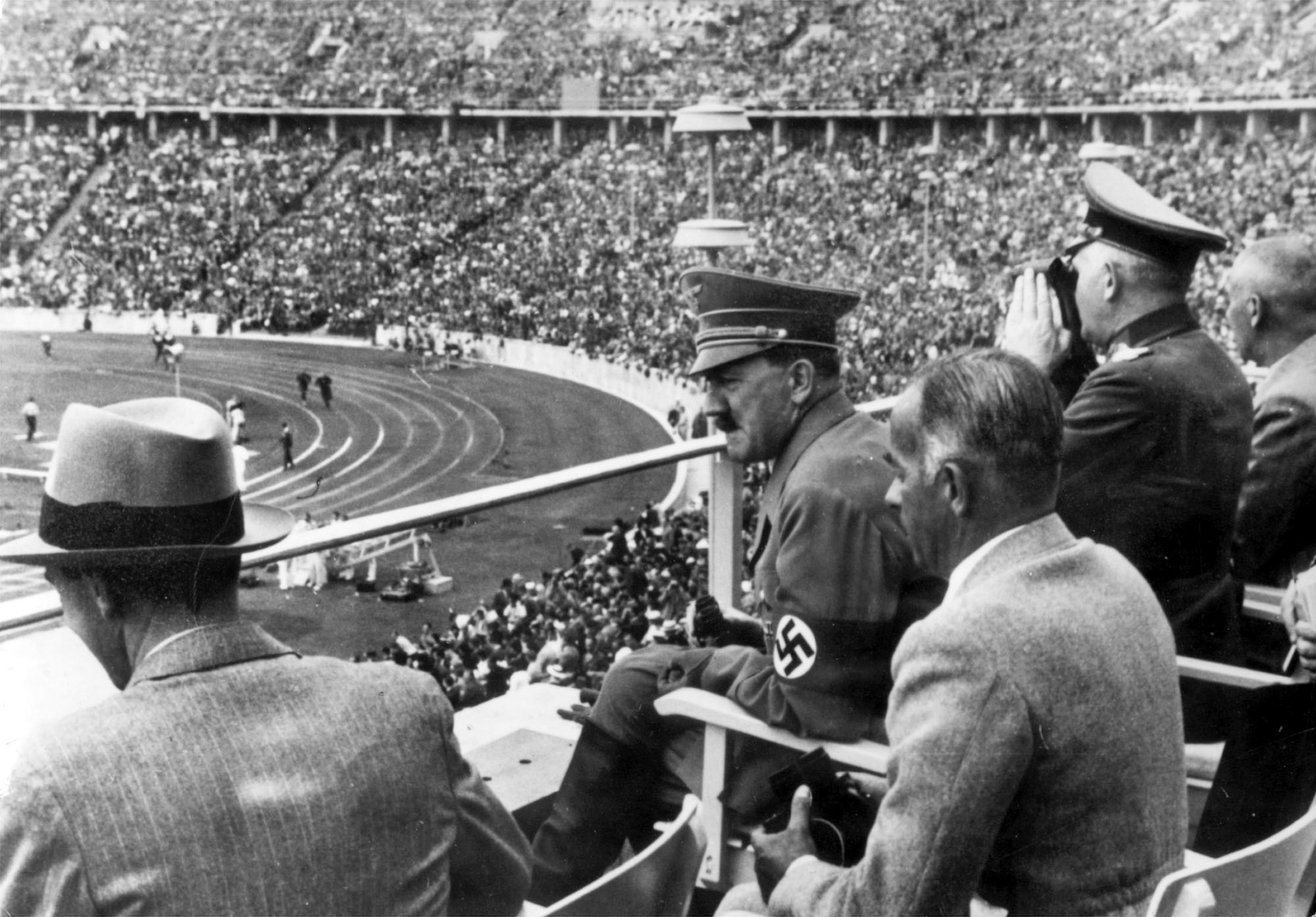Hitler’s Olympic Games

For two weeks in August 1936, athletes descended upon Berlin for the 11th Olympic Games. Visitors and athletes alike were warmly welcomed, but behind the pomp and pageantry were ominous signs of a Nazi regime gone bad.
The swastika was openly displayed on banners around town and at the Olympic stadium, while the German’s sense of Aryan supremacy was a hard thing to conceal. After the aggressions displayed by the Germans during the First World War, Hitler and his propaganda machine used the Olympics as a way to present a kinder, gentler image to a largely skeptical world.
Off the field, the truth about what the Nazis were up to was hard for foreigners to miss. By 1936, Jews and other minorities had been openly stripped of their civil rights and even their citizenship, while Jewish-owned businesses were forced to display the Star of David on their storefronts. History would later reveal that the Nazis had already opened their first concentration camp by the time the games began.
Prior to the start of the games, debate raged in the US and other participating countries about whether to attend the games at all, but in the end, 49 nations, including the United States came to Germany to compete, and at the opening ceremonies, visiting athletes and spectators alike witnessed Aryan athletes follow in the footsteps of ancient Greeks, bringing fire from Mt. Olympus in the first-ever Olympic torch relay.
Jesse Owens at the 1936 Olympics
Popular history remembers Jesse Owen’s four gold medals—an Olympic first for any athlete—no doubt causing great embarrassment to the German’s belief in their Aryan supremacy.
The games also stood as a major corruption to the ideals sacred to the Olympic games, creating an illusion of a peaceful and tolerant nation that was the farthest thing from the truth. Three years later, Nazi storm troopers would blitzkrieg into Poland, setting off six-years of war that would cost the lives of 60 million people.
